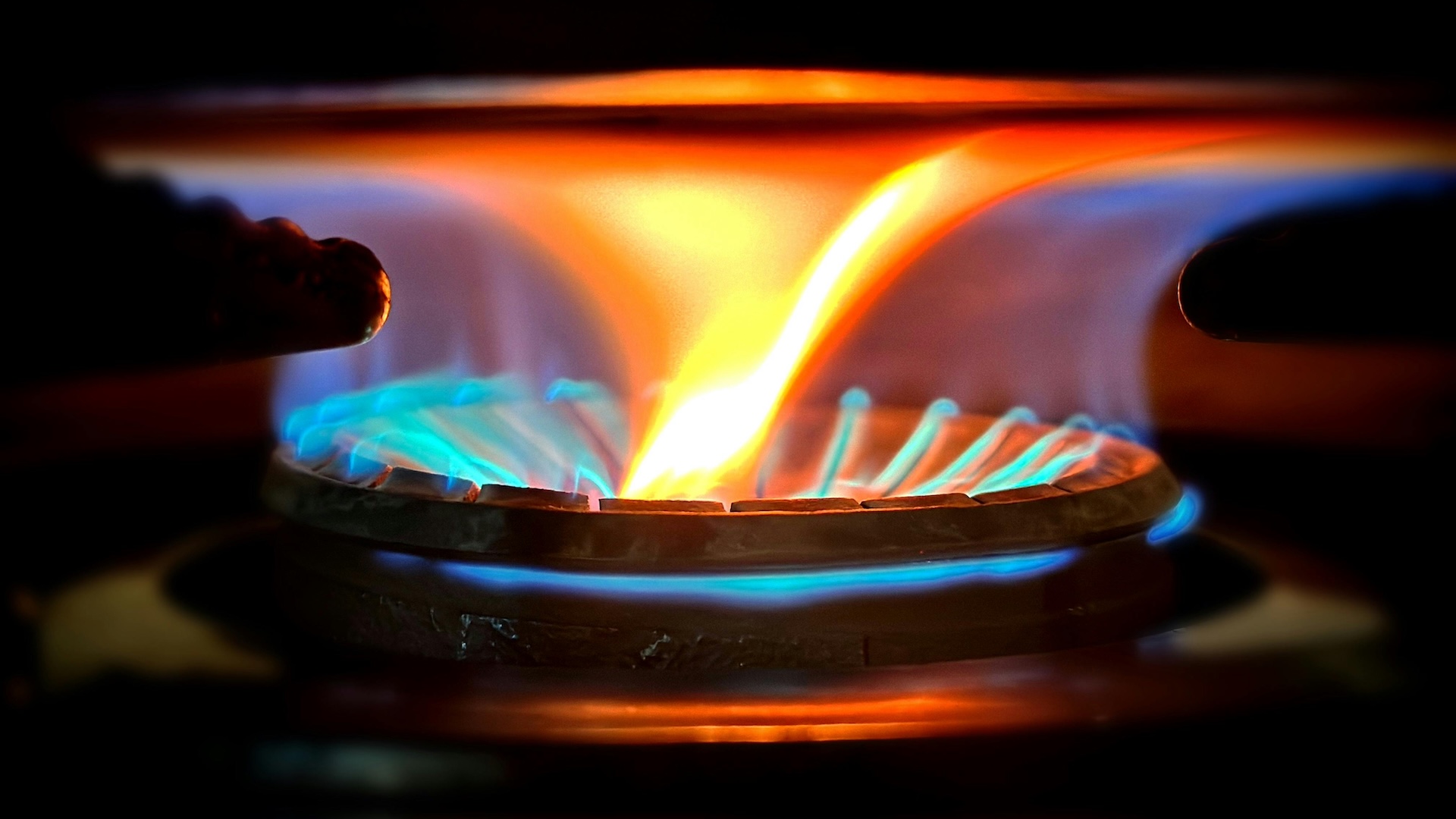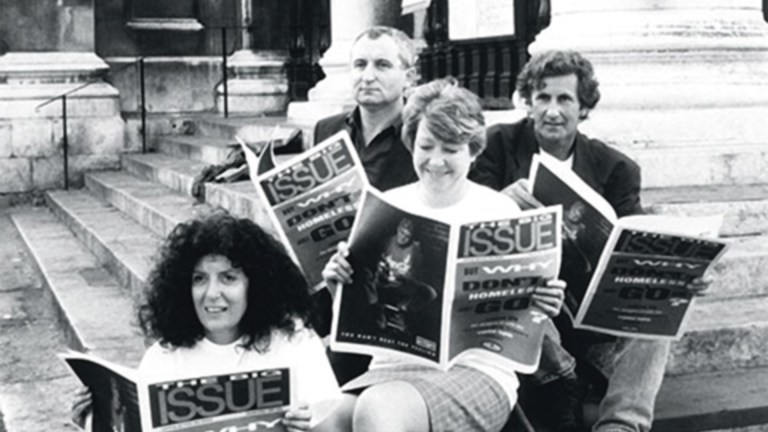What many billpayers don’t realise is that even their electricity bills are chained to gas prices. This reliance on gas – both for heating and setting the electricity price – is why we saw huge hikes in bills in the past, and is the reason we are seeing prices set to rise again.
At the heart of this scandal is the way our electricity prices are set. Thanks to outdated marginal pricing rules, the cost of electricity is tied to the cost of gas nearly 40% of the time. And now, with gas prices reaching a two-year high, we are once again seeing our over-reliance on fossil gas push families to the brink.
And yet, certain politicians continue to push the false narrative that net zero renewable energy is to blame for high bills. This is nothing short of gaslighting. The reality is that as long as we are dependent on volatile global gas markets, our bills will remain high.
Ofgem’s announcement on Tuesday (25 February) will bring this into sharp focus again as it sets the price cap for the period 1 April to 30 June 2025.
The price cap means that energy firms should not charge more than the set rate for unit rates and daily standing charges for those on standard variable tariffs. But despite more consumers looking to switch suppliers, rising gas prices mean it is likely that unit costs across all tariffs will spike and ‘fix’ price offers will also see increases.
This means consumers who use large amounts of energy due to their family size, or who use medical equipment or to keep their homes warm during winter months, could face significant rises in costs.
Advertising helps fund Big Issue’s mission to end poverty
The cost of every unit of gas used is likely to increase by around 10% and every unit of electricity could go up 7% when Ofgem makes its announcement.
It doesn’t have to be this way. If we truly want lower bills and energy security, we clearly need a shift toward sustainable, cheaper, renewable energy.
But that alone isn’t enough.
We also need real support for vulnerable households struggling with their energy bills through a social tariff which is set out in advance so that people know what support they will get.
It is also so crucial that the chancellor announces a £13.2bn, fully-funded, Warm Homes Plan in the Comprehensive Spending Review – this will help bring down bills in the long run.
But until we see all these reforms, consumers must navigate a deliberately confusing market designed to keep them in the dark.
Advertising helps fund Big Issue’s mission to end poverty
Energy tariffs are a minefield, and households need to be vigilant.
When comparing tariffs, people must use their own energy usage, not industry averages, which can disguise the true costs. Exit fees can also trap people in uncompetitive deals, so reading the fine print is crucial.
And for those considering a ‘tracker’ style tariff, it’s even more important to understand your own energy usage, unit costs and standing charges before making the switch.
The public deserves better than our current system. We need the government to stand up and deliver – and we ourselves need to stand up and speak out when we witness the inaccurate rhetoric from some politicians.
Simon Francis is the coordinator at the End Fuel Poverty Coalition.
Do you have a story to tell or opinions to share about this? Get in touch and tell us more. Big Issue exists to give homeless and marginalised people the opportunity to earn an income. To support our work buy a copy of the magazine or get the app from the App Store or Google Play.
Advertising helps fund Big Issue’s mission to end poverty










